While 2018 may have been a tumultuous year for children both in the United States and abroad, it also saw progress for children’s education and development. As the year draws to a close, we in the Center for Universal Education (CUE) reflect on the key moments, events, and research that should help shape universal education for the better in the coming year.
Below is just a sampling of what gives us hope, with highlights including a mix of work from CUE and the international education community broadly.
- A momentous year for girls’ education. The G-7, with Canada at the helm, and the U.K.—among other countries—invested in education for some of the world’s most vulnerable girls. Additionally, the Obama Foundation launched the Global Girls Alliance, which will help ensure that girls around the world receive their education, as well as empower the local grassroots champions of girls’ education. Tracking how this global, high-level momentum continues into 2019 and affects the lives of some of the world’s most marginalized population will be crucial.
- Educational reform preparing students for the 21st century. This spring Andreas Schleicher of the Organisation for Economic Co-operation and Development released “World Class: How to Build a 21st-Century School System.” The book examines the successes of more than 70 countries in implementing forward-looking practices in school systems with the aim of producing students with strong social and emotional skills.
- A banner year for integrating 21st century skills into the classroom. To help achieve Sustainable Development Goal 4 on quality education, the Optimizing Assessment for All (OAA) project kicked off in Asia this summer to bolster efforts to teach and assess 21st century skills in classrooms. The OAA team recently published a report highlighting some of the issues and key principles around using this data, which will help monitor the skills globally.
- A landmark year for impact bonds. This summer CUE hosted an event to discuss the results from the final year of the Educate Girls development impact bond, the first impact bond for education in a low- or middle-income country. The results demonstrated that the intervention in Rajasthan, India, were highly successful, enrolling 768 school girls and achieving learning levels that reached 160 percent of the target. The good news on impact bonds continued into the fall, with subject matter experts from around the world gathering around the margins of the U.N. General Assembly to discuss two new deals contracted in developing countries: one for education outcomes in India, and another for early childhood outcomes in South Africa.
- Exemplary stories of innovation from around the world. This summer we published “Leapfrogging Inequality,” which examines a catalog of almost 3,000 global innovations to rapidly accelerate educational progress. Presenting an evidence-based framework for getting ahead, the book compiles stories and resources to inspire a new vision for remaking education so that young people around the globe can thrive.
- Greater impact through rapid experimentation and iteration. The Millions Learning project released a report this summer in preparation for launching Real-time Scaling Labs, which will generate evidence and provide practical recommendations to scale quality education interventions. By partnering with governments and local institutions in several countries, this approach will help us learn from, document, and support interventions as they scale in real-time.
- Highlighting migration and displacement in education. The United Nations Educational, Scientific and Cultural Organization released its annual Global Education Monitoring report this fall, with a focus on migration and displacement. The report argues for investing in quality education in areas with refugee emergencies and large population inflows to advance Sustainable Development Goal 4 of leaving no one behind.
- Funding for children most in need. Following the MacArthur Foundation’s $100 million grant to Sesame Workshop and the International Rescue Committee for early childhood development programs for Syrian refugees in December 2017, this December the LEGO Foundation announced a $100 million grant to Sesame Workshop to ensure children affected by the Rohingya and Syrian crises can learn and develop the skills they need for the future.
The LEGO Foundation provides generous support to Brookings, which helps make the work we do possible. The views expressed in this post are those of its author and do not represent the views of the LEGO Foundation, their officers, or employees.
The Brookings Institution is committed to quality, independence, and impact.
We are supported by a diverse array of funders. In line with our values and policies, each Brookings publication represents the sole views of its author(s).

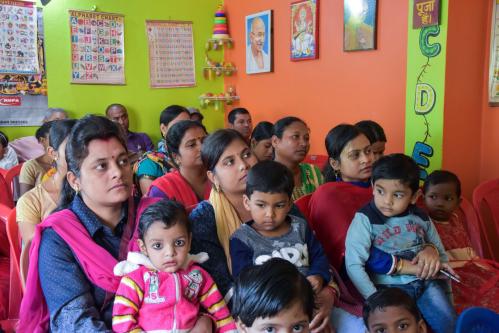
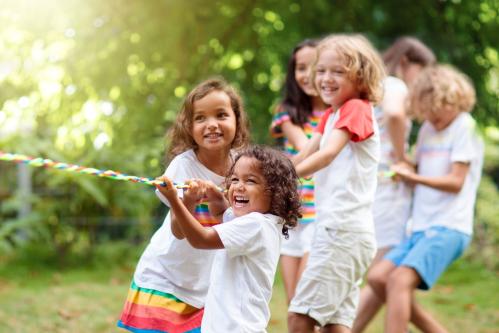
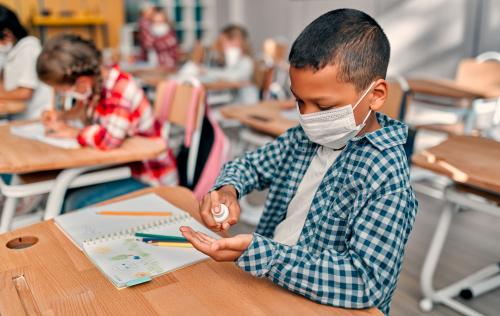
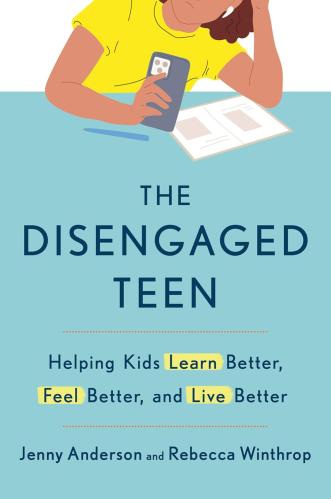
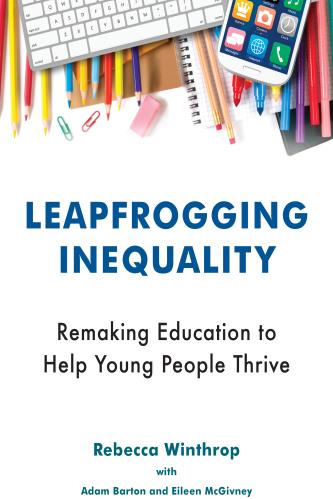
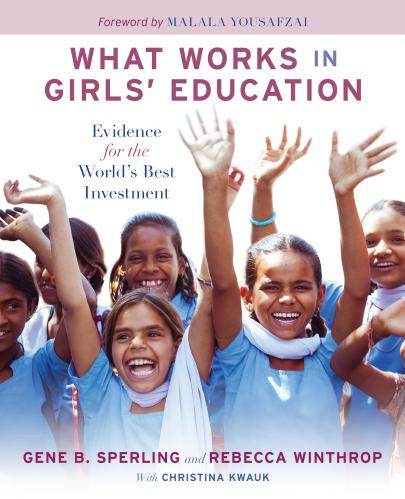



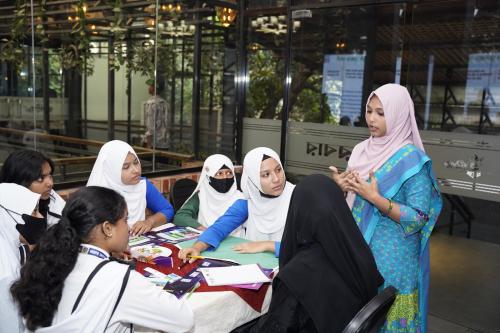
Commentary
A review of global education in 2018
December 19, 2018